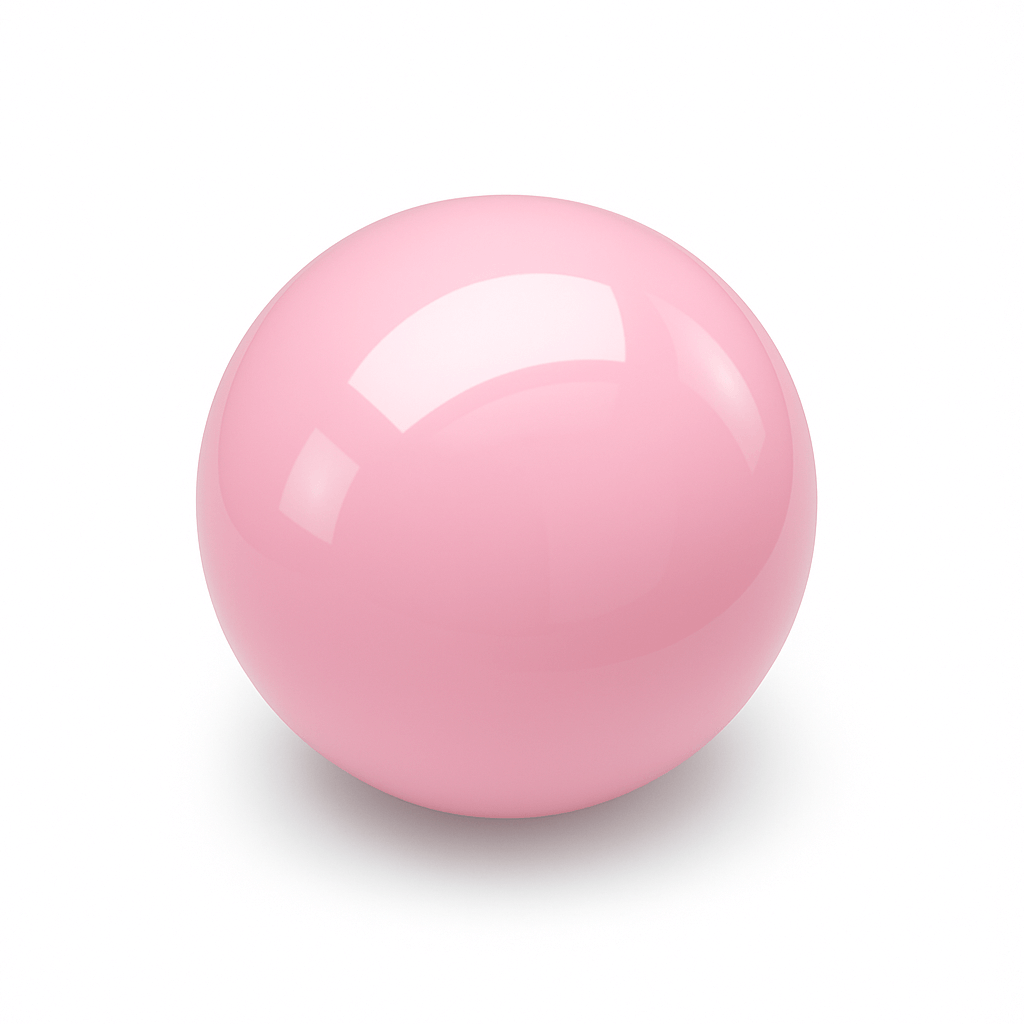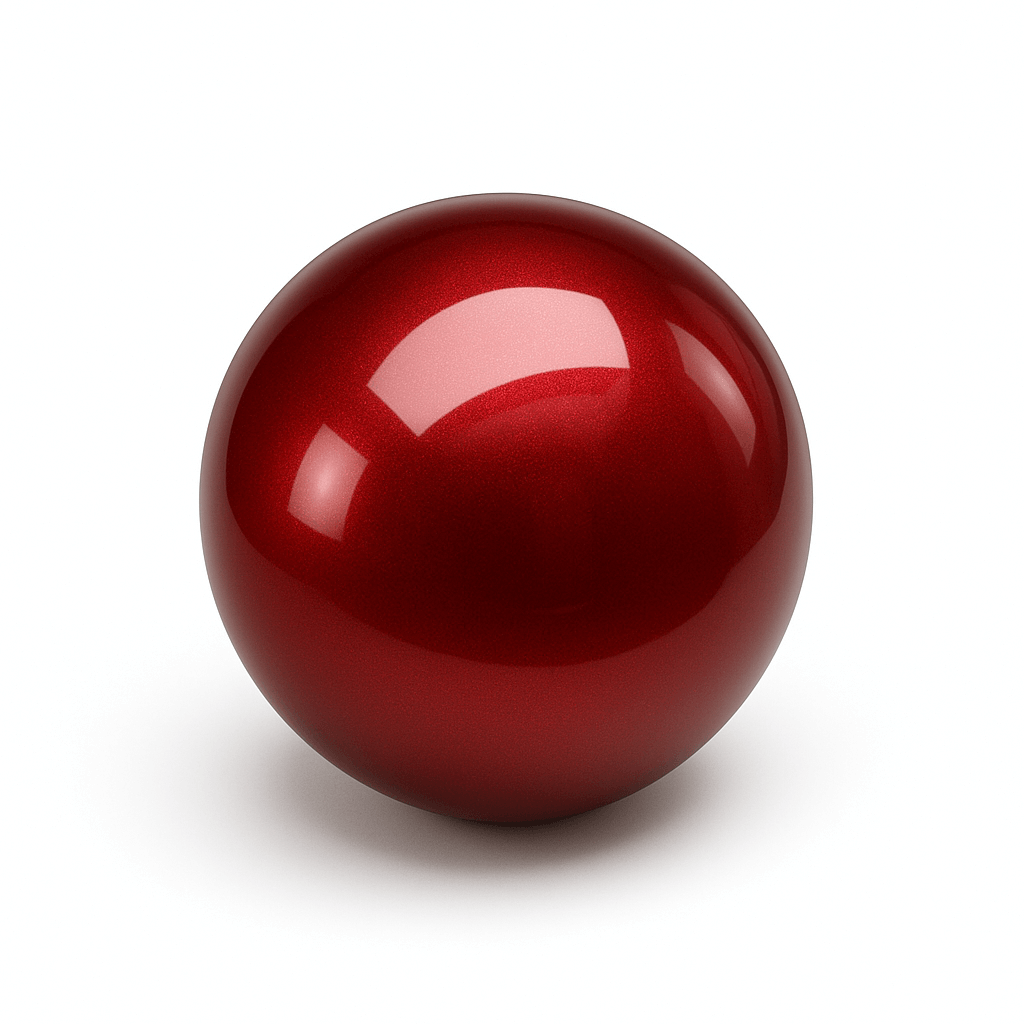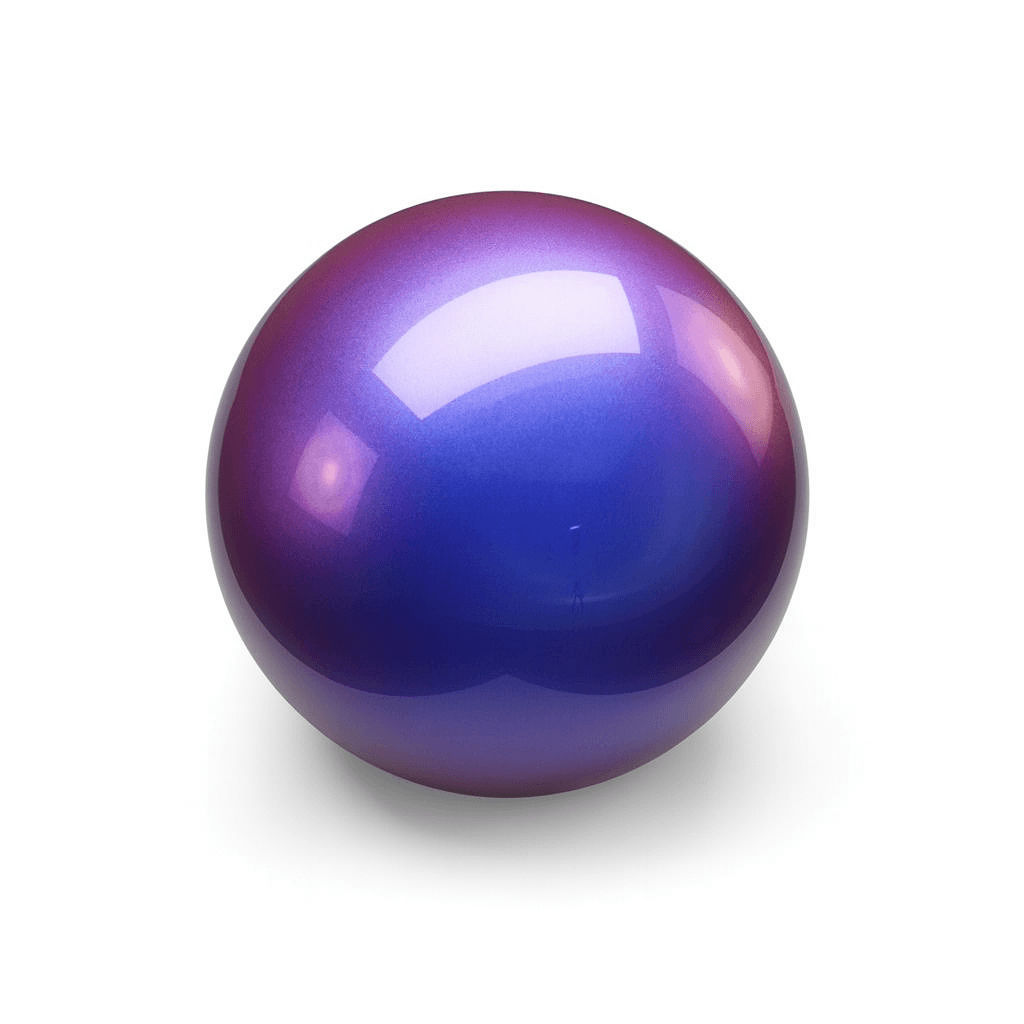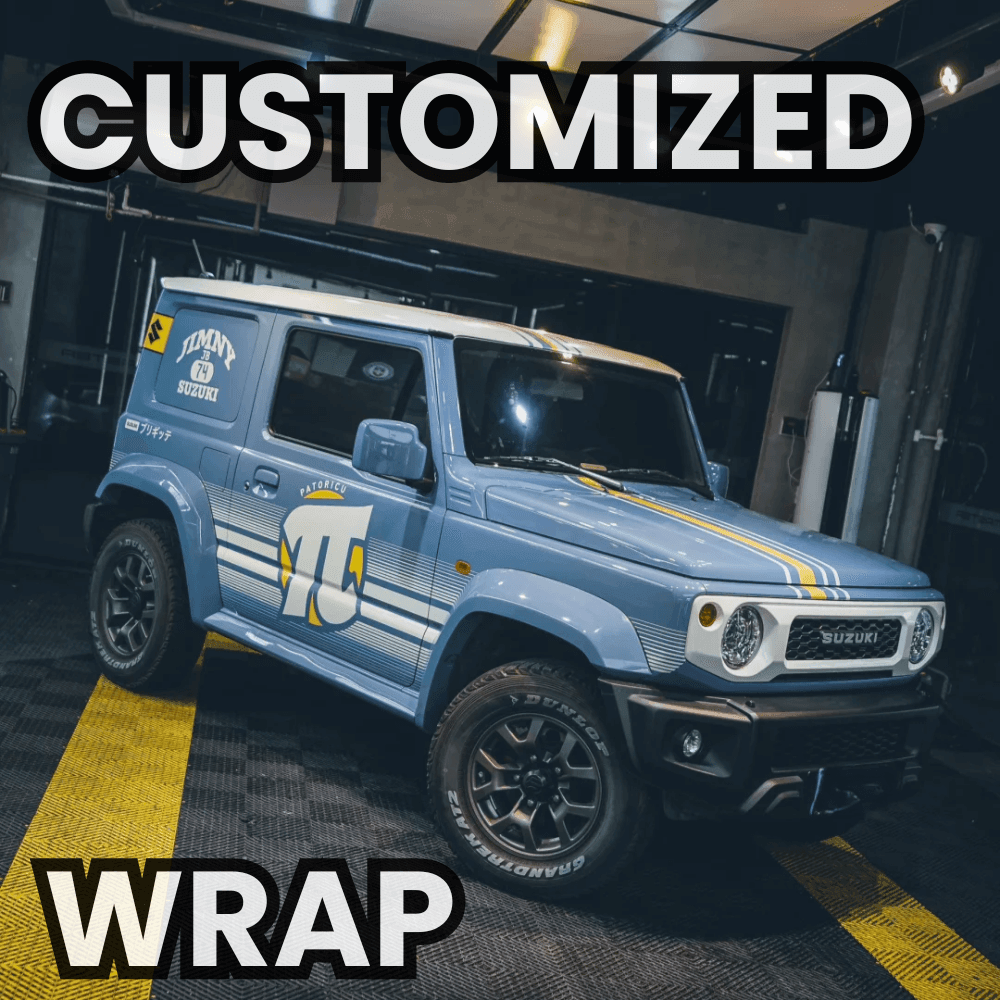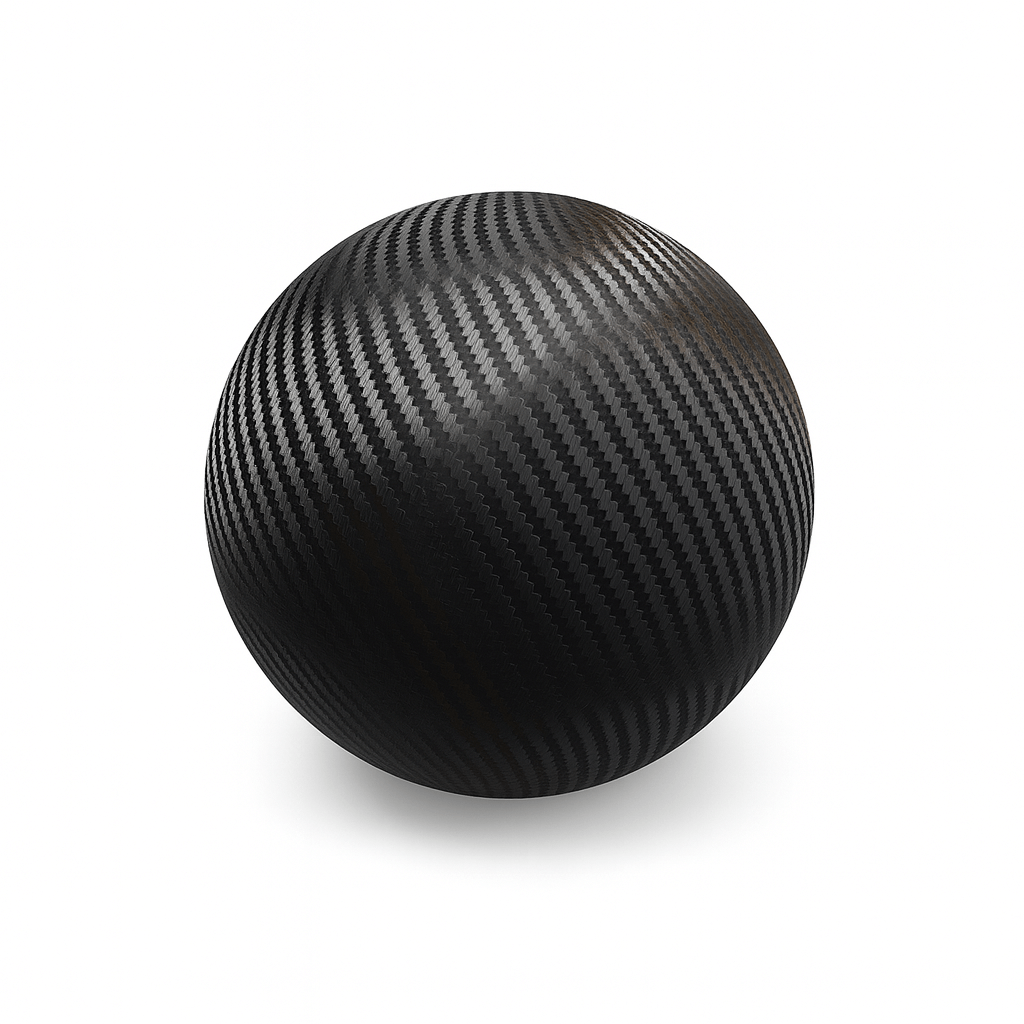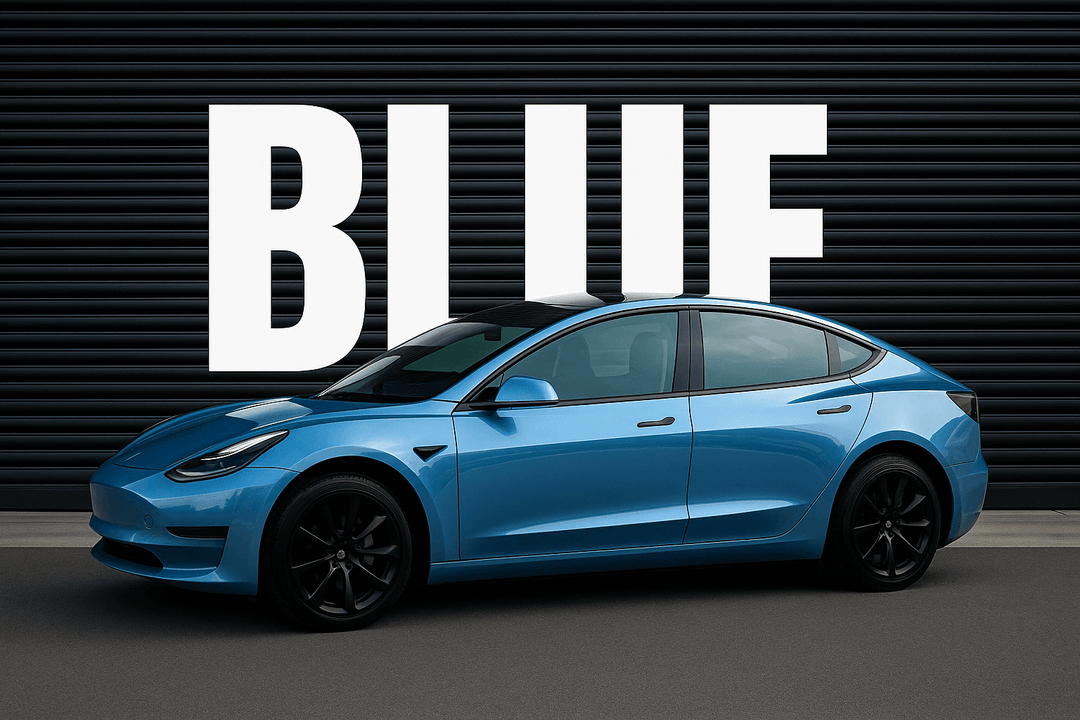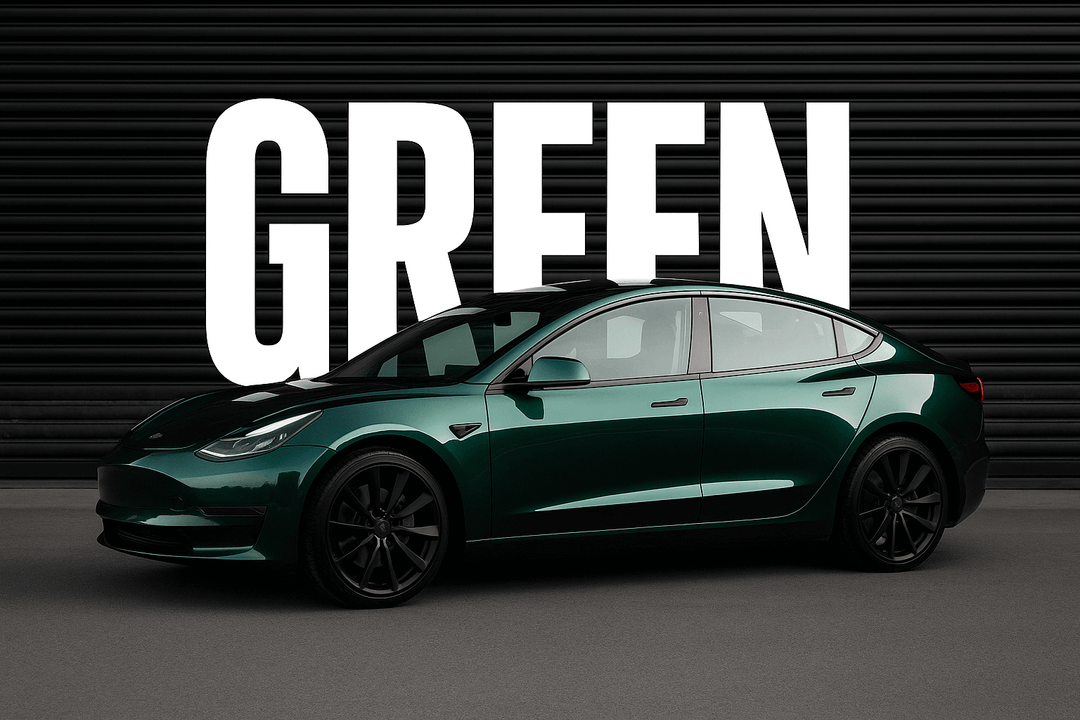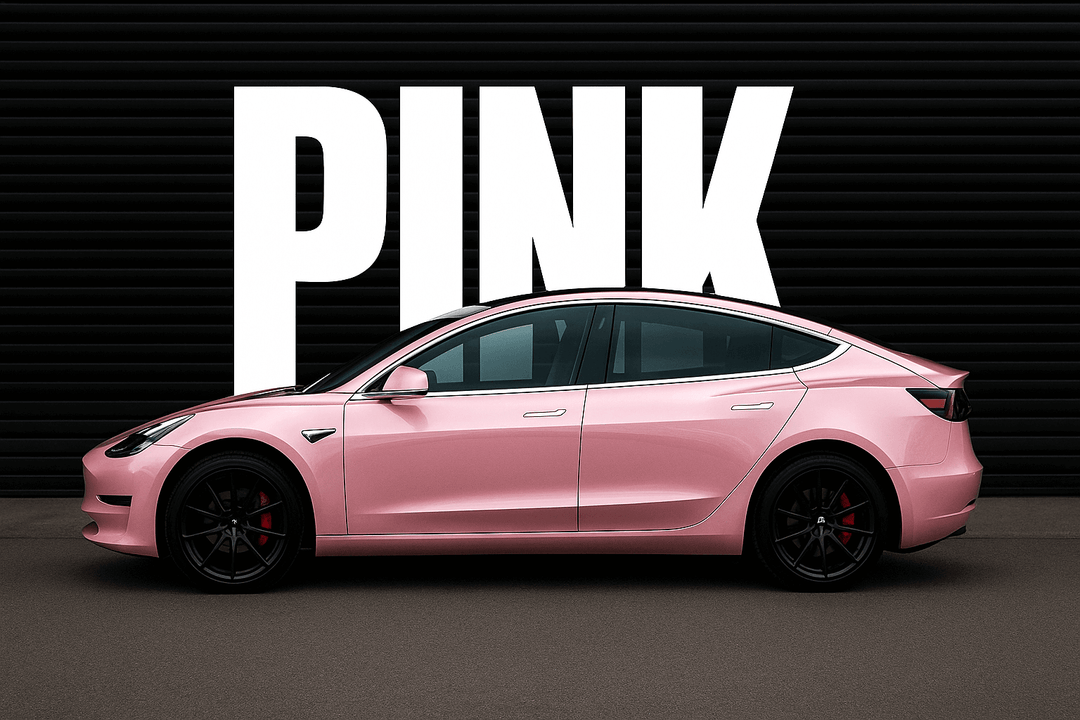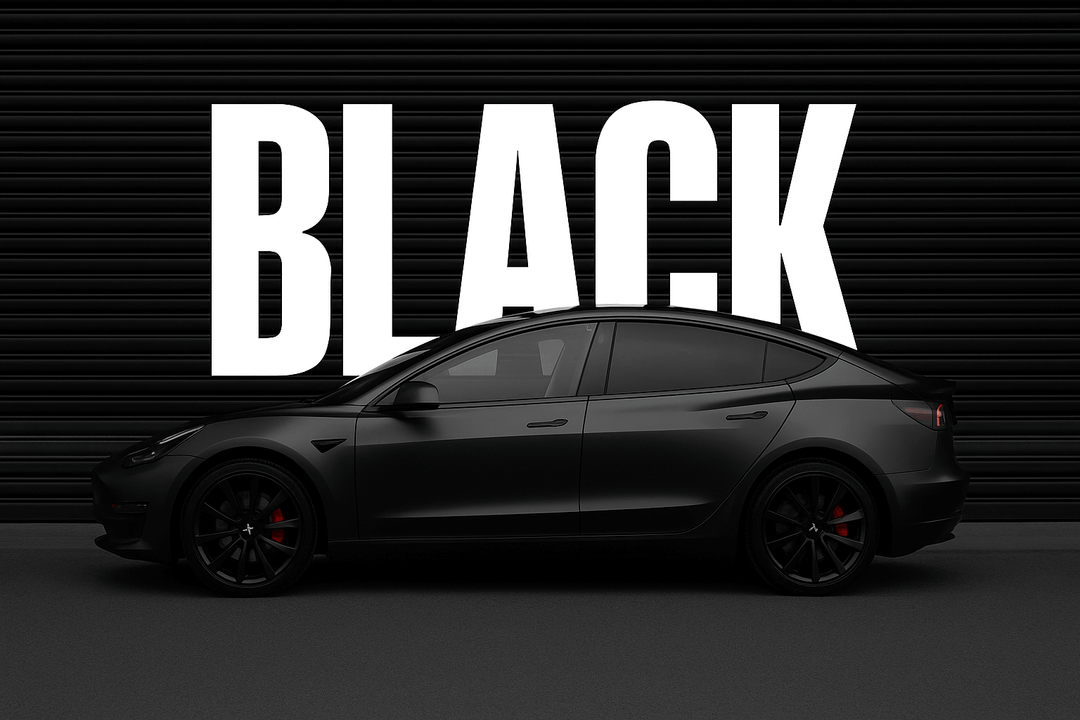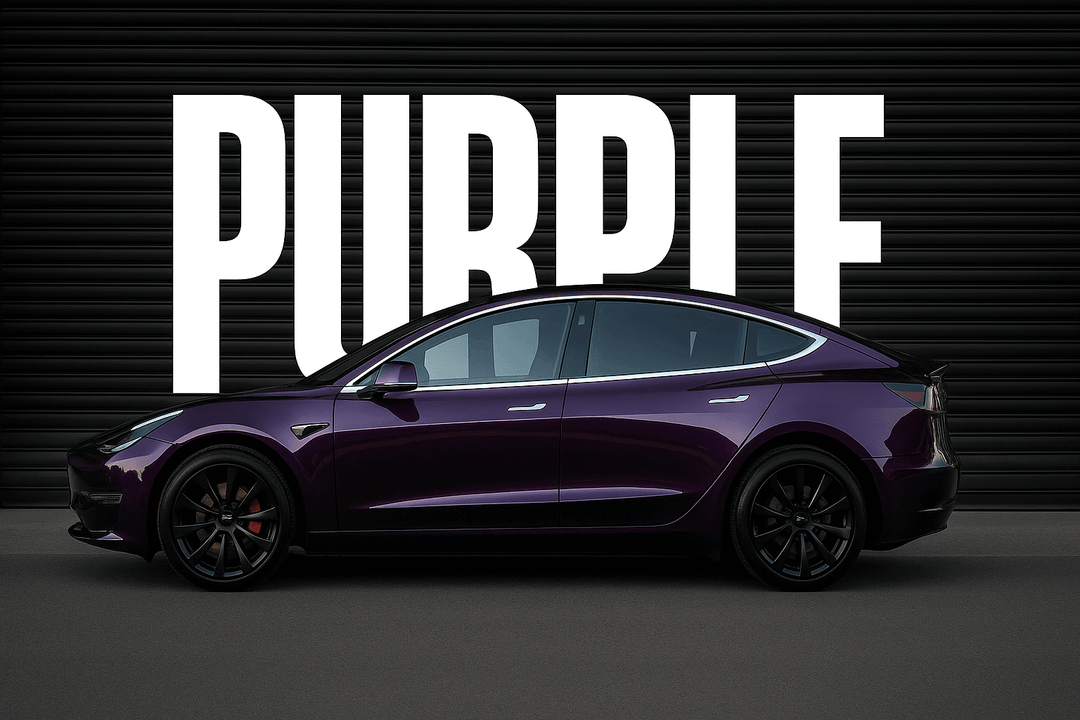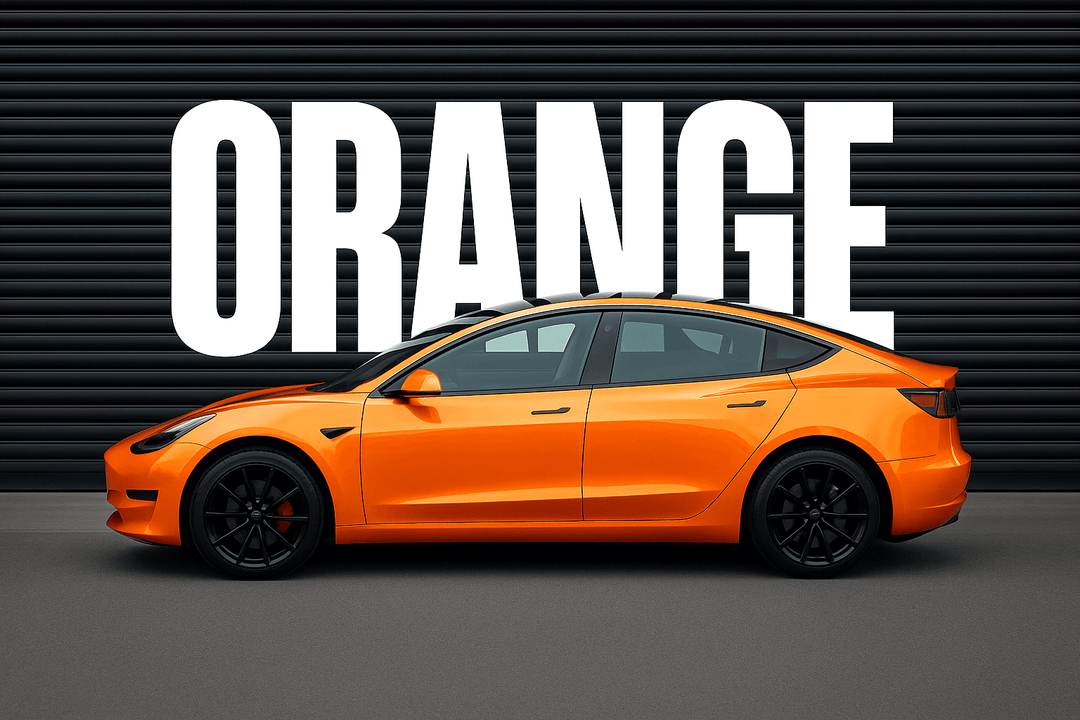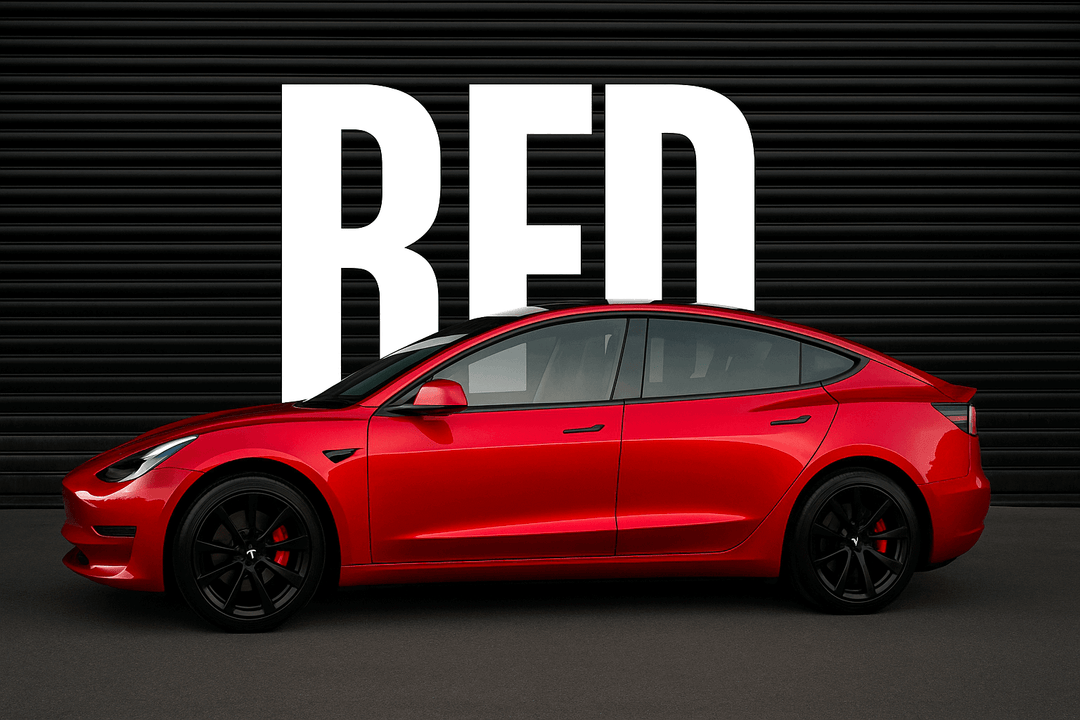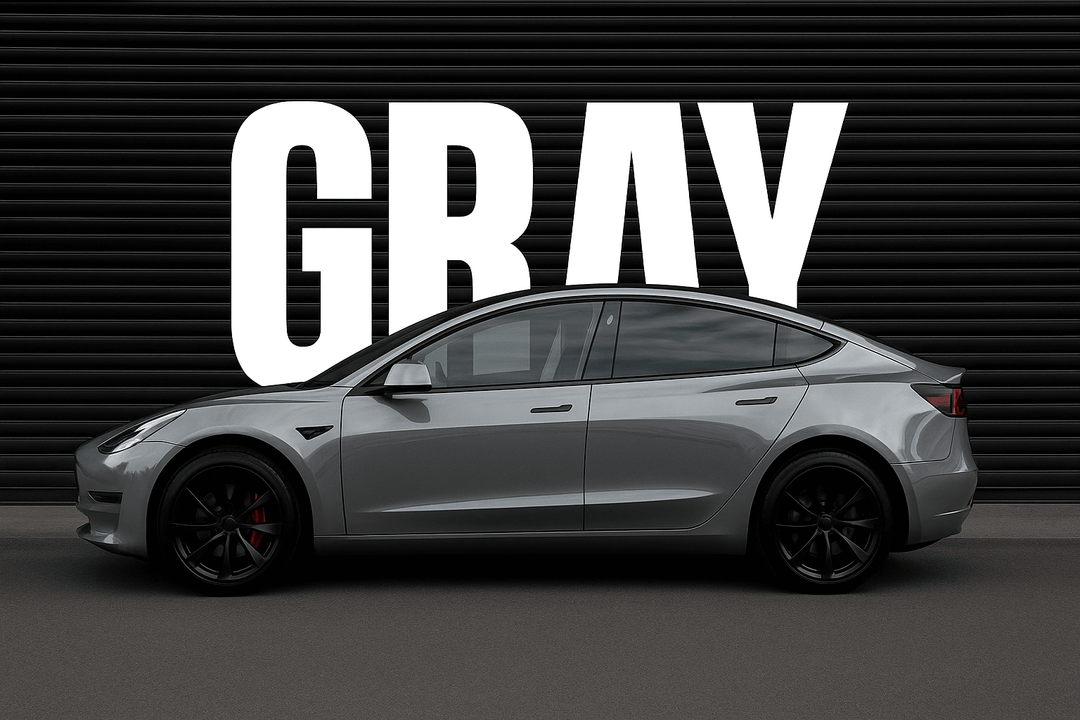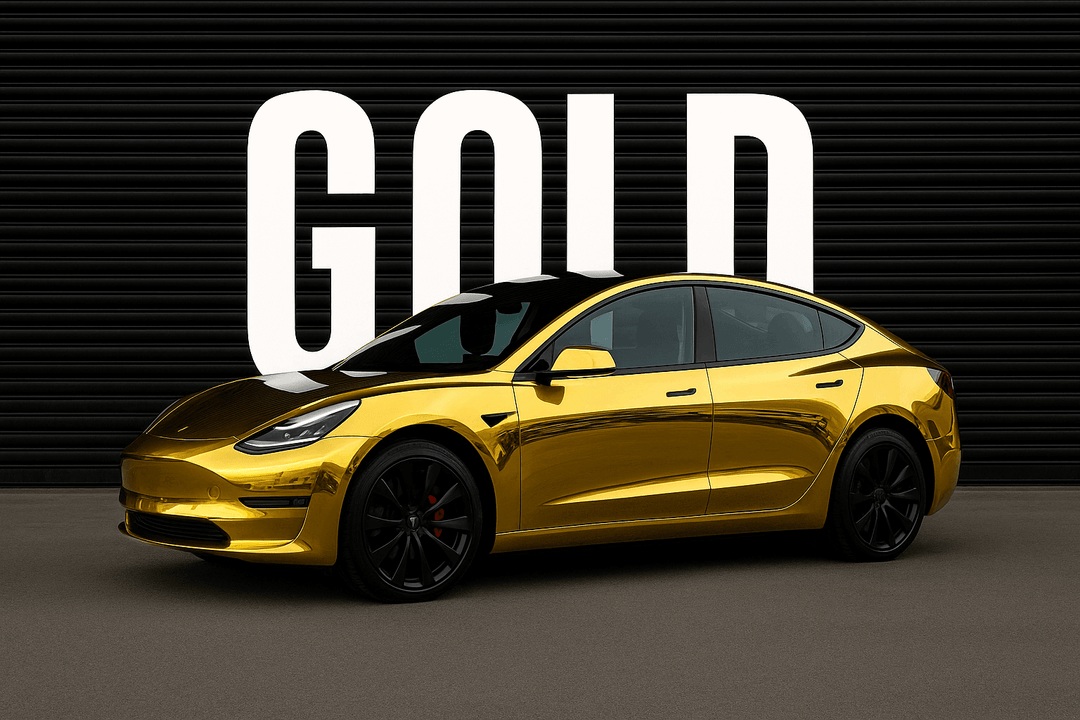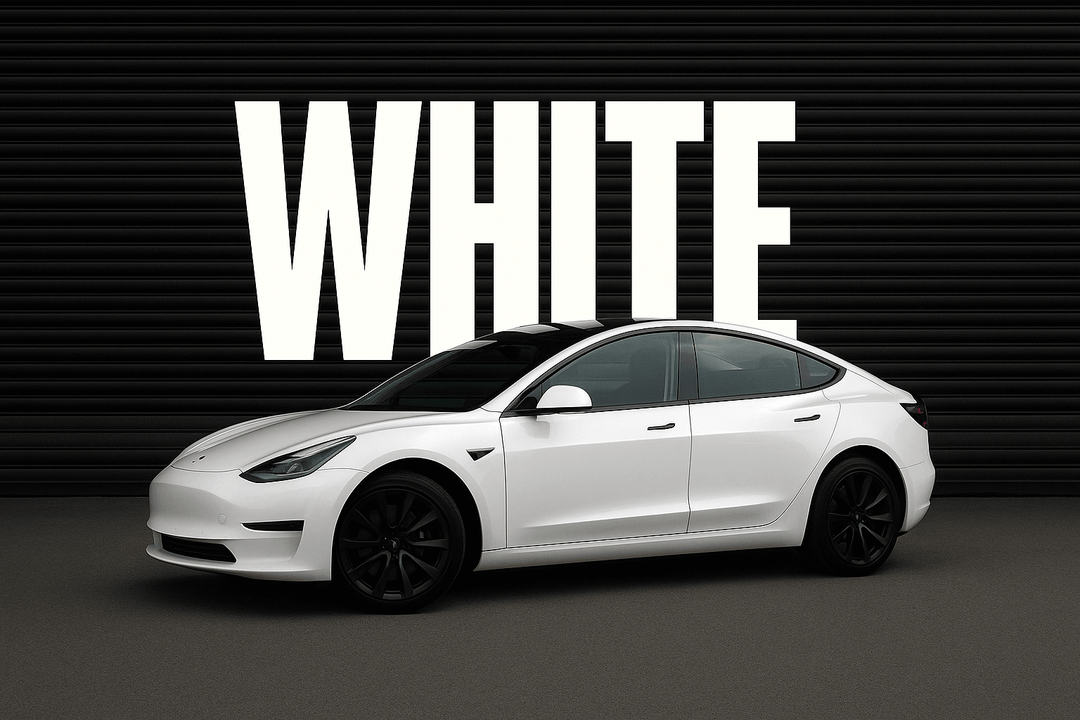Do Car Wraps Impact Vehicle Resale Value
Can wrapping your car help you get more money when you sell it? That is a question more car owners are asking as vinyl wraps become a popular option for personalizing and protecting vehicles.
Car wraps are not just for flashy sports cars or company fleets anymore. Today, they are a practical and stylish choice for anyone looking to change their car’s appearance, protect the original paint, or add a unique touch. But if you are thinking about resale down the road, you might wonder how that wrap will affect your vehicle's value.
The truth is, it depends. A professionally installed wrap with a clean, tasteful design can help preserve or even boost resale value by shielding the paint underneath. On the other hand, a poorly chosen or neglected wrap could turn buyers away.

In this article, we will explore how car wraps influence resale value, clear up common misconceptions, and give you expert tips to make sure your wrapped car remains both eye-catching and a smart financial choice.
How Car Wraps Impact Your Car’s Value
Before we dive into how wraps affect resale, it helps to understand what they do for your car. A vinyl wrap is more than just a cosmetic upgrade. It serves a dual purpose that directly influences your vehicle’s long-term value.
Paint Protection That Pays Off
One of the biggest advantages of a high-quality car wrap is its ability to protect your vehicle’s factory paint. Vinyl wraps act as a barrier between the original finish and the outside world. That means fewer chips from road debris, less fading from sun exposure, and better resistance against minor scratches or bird droppings.
If you ever plan to sell your car, preserving the original paint can make a strong impression on buyers. A well-maintained factory finish tells them the vehicle has been cared for and is likely in great condition underneath. In some cases, this can increase what buyers are willing to pay.
Customization That Cuts Both Ways
Vinyl wraps are also popular because they allow full creative freedom. Want a matte gray finish or a bold color shift? You can achieve almost any look without a permanent paint job. That flexibility is a big plus for car enthusiasts.
However, not every buyer will love your style. What looks amazing to you might turn off someone else. Wild colors or custom graphics may limit your vehicle’s appeal to a narrower group. In these cases, removing the wrap before selling can help restore broad market appeal.
The Relation Between Vinyl Wraps and the Resale Value of a Car
A vinyl wrap can completely transform the look of your vehicle. But when it comes to resale, transformation is only part of the story. You also need to think about how buyers perceive that transformation.
Let’s explore the key factors that shape how a car wrap can influence your resale value.
Buyer Preferences Matter
What you see as an upgrade, a buyer might see as a drawback. Some people love bold colors, chrome finishes, or eye-catching graphics. Others prefer the original look of a car straight from the factory.
A vinyl wrap is highly subjective. One buyer might appreciate the uniqueness and see it as added value. Another might worry about what the wrap is hiding underneath or simply dislike the design altogether.
If your wrap features personal touches like anime characters, racing logos, or color gradients, it could narrow the interest pool. On the other hand, a clean, neutral matte or gloss finish can often appeal to a wider audience.
When resale is your goal, choosing a broadly appealing wrap style is often the smarter move.
Not All Vinyl Is Created Equal
The vinyl market is full of variety. Some wraps are subtle and sleek. Others are loud, flashy, and highly customized. This range makes it tough to predict how a specific wrap will affect resale.
If your goal is to maintain or boost value, stick with high-quality vinyl in neutral or timeless colors. Think matte black, metallic gray, gloss white, or satin blue. These finishes are modern but do not feel extreme.
Highly customized wraps may be perfect for personal expression, but they can make resale more challenging unless your buyer shares the same taste.
What Lies Beneath the Wrap
The condition of the factory paint underneath the vinyl plays a huge role in determining resale value. If the wrap was installed properly and removed cleanly, your paint is likely in excellent condition. That is a major selling point.
But if the wrap was applied carelessly or the materials were of low quality, it could damage the paint. This often leads to adhesive residue, uneven fading, or even peeled sections.
Buyers know this. Many will ask about the condition of the paint underneath or request that the wrap be removed before finalizing the purchase.
This is why it pays to choose professional installation and maintain the wrap with care. When done right, a vinyl wrap can preserve the car’s finish and protect its value. When done poorly, it can do the opposite.
How Car Wraps Can Preserve or Increase Resale Value
Yes, in many cases, a vinyl wrap can help preserve or even increase your vehicle’s resale value. The key is making sure it is done properly and maintained well over time.
It Protects the Original Paint
A high-quality wrap protects the vehicle's original paint from harmful elements like UV rays, scratches, road salt, and small debris. This layer of protection helps prevent fading, chipping, and surface damage that could reduce the car’s appeal later.
Buyers often prefer vehicles with factory paint in excellent condition. When the wrap is removed, the car underneath can look nearly new, which adds confidence and value for the buyer.
Tasteful Custom Wraps Can Attract Buyers
A clean, well-designed wrap that enhances the vehicle's look without being too bold can make your listing stand out. Neutral colors such as matte black, satin gray, or metallic white often appeal to a broad market and can save buyers the cost of wrapping them themselves.
On the other hand, if your wrap is highly personalized, you can always remove it before resale. This allows you to present the car in its original factory condition, giving potential buyers more flexibility.
Especially Effective on Luxury and Exotic Cars
Preserving the paint is especially important with high-end vehicles. Wraps are frequently used on luxury cars, exotic models, and performance vehicles to protect their resale value. Paint in factory condition is a major selling point in these markets and can help secure a higher price.
It Works Best When the Paint is in Great Shape
If your car’s original paint is already damaged or faded, a wrap might hide imperfections temporarily, but could raise questions when it is time to sell. The best results happen when a wrap is applied to a well-maintained car and later removed to reveal a clean, protected surface.
When a Car Wrap Might Hurt Resale Value
While vinyl wraps can preserve and even enhance a vehicle's resale value, they can also work against you if not handled properly. Here are a few common situations where a wrap may reduce your car’s market appeal.
Poor Installation Can Raise Concerns
A wrap that shows signs of poor installation, such as air bubbles, lifting edges, uneven seams, or visible cuts in the paint, can signal carelessness to potential buyers. These imperfections may lead someone to believe the car was not well-maintained or that the wrap is hiding deeper issues.
Extreme or Highly Personalized Designs May Limit Interest
Flames, camouflage prints, anime graphics, or company branding might look great to you, but could feel overwhelming or unnecessary to others. When a wrap feels too personal, it often narrows your potential buyer pool and makes it harder to sell quickly.
Hidden Body Damage Raises Red Flags
If a buyer suspects the wrap is covering rust, dents, or repainted areas, they may hesitate or ask for the wrap to be removed before moving forward. A wrap that hides damage instead of protecting clean paint can lead to trust issues, especially in private sales.
Faded or Cracked Wraps Give a Poor First Impression
Just like chipped paint or worn upholstery, a faded or peeling wrap suggests the vehicle has not been cared for. A buyer's first impression matters, and a deteriorating wrap can make a car look older or neglected, even if the mechanical condition is excellent.
Some Buyers May View Wraps with Caution
Not everyone understands the benefits of vinyl wraps. Some dealerships and private buyers may assume the wrap was used to cover up problems or may not trust that the original paint is in good shape. This is especially true if there are no photos or documentation of the car before the wrap was applied.
To avoid these issues, always choose professional installation, maintain the wrap properly, and be transparent with buyers. When in doubt, consider removing the wrap and showcasing the original paint to give buyers peace of mind.
Myths Regarding the Impact of Wraps on the Resale Value
Car wraps often generate strong opinions, especially when resale value enters the conversation. Some buyers assume the worst. Others see wraps as a value-add. To make a well-informed decision, it is important to separate fact from fiction.
Let’s look at the most common myths surrounding car wraps and how they truly affect resale value.
1. Wraps Protect the Underlying Original Paint of a Vehicle
This is absolutely true when you are using high-grade vinyl films. One of the main benefits of a professional wrap is its ability to shield the factory paint from UV rays, surface scratches, stone chips, and weather-related wear.
A luxury sedan wrapped in a matte paint protection film, or a sports car finished in high-quality gloss vinyl, can maintain its factory condition much longer than an unwrapped vehicle. This often appeals to informed buyers who understand that a well-wrapped car is a well-preserved car.
If you are planning to sell, highlight the wrap's protective role in your listing. Many buyers are looking for vehicles that have been kept in top shape.
2. A Wrapped Car is Hiding Some Damage Underneath
This is a widespread misconception. A vinyl wrap sits close to the surface of the vehicle and does not conceal dents or scratches. Any imperfection beneath the film tends to show through more clearly. If a car has body damage, wrapping it does not hide the problem. It often makes the issue more noticeable.
Buyers may feel uncertain about what lies under a wrap, especially if the seller cannot provide detailed documentation or pre-wrap photos. In these cases, removing the wrap to display the original paint can help ease concerns and build buyer confidence.
This is especially true for models like the Tesla Model 3 and Model Y, where resale values have fluctuated and buyers are increasingly cautious. In online forums, sellers often mention removing wraps before listing their vehicles, particularly when working with dealers who prefer factory finishes.
3. Only Flashy Wraps Hurt Resale, Neutral Colors Are Fine
This is mostly true. Bold or highly personalized wraps may appeal to a small group of enthusiasts, but they limit your ability to sell to a wider audience. Neon colors, chrome finishes, and graphic-heavy designs often signal a niche taste that not every buyer will appreciate.
In contrast, wraps in neutral tones such as matte black, gloss gray, satin white, or metallic silver tend to hold up better in the resale market. These colors are safe, stylish, and professional, making the car more marketable without drawing unwanted attention.
A tasteful wrap that aligns with current design trends can add appeal without causing concerns.
4. Dealers Do Not Give a Good Price for Wrapped Vehicles
This is partly true, depending on the dealer and the market. Many mainstream dealers prefer to sell cars in their original condition. They may reduce the trade-in value or require that the wrap be removed before making an offer. Their reasoning is simple: they want to avoid the cost and labor of vinyl removal, and they worry that the wrap may not appeal to the average buyer.
However, performance dealerships and exotic car specialists often see things differently. Businesses like West Coast Exotic Cars, Chicago Motor Cars, and Carolina Exotic Cars have experience marketing and selling wrapped vehicles. They even promote custom wraps and vinyl decals as part of the car's appeal.
At these dealerships, a wrapped Lamborghini, McLaren, or Porsche can often sell for a premium, provided the wrap is high quality and professionally installed. They understand how to position the car to the right buyer who sees value in a custom build.
5. Wrapping a Car May Void Its Warranty
This is not true in most cases. A vinyl wrap is a cosmetic enhancement that does not interfere with the car’s internal systems or structure. As long as it is installed properly and removed cleanly, a wrap will not void your factory warranty.
That said, you should always read the fine print of your warranty and speak with your dealership or manufacturer. In some situations, wrap materials can interfere with sensors or cause minor issues if not installed with care.
For example, some Tesla owners have reported problems with the Park Distance Control system after wrapping. Although the wrap did not void the warranty, it caused temporary issues that required service intervention.
Insurance is another factor to consider. Some companies may need to be informed about the wrap to ensure coverage remains valid. Always speak with your insurance provider before making modifications.
Final Verdict: Do Car Wraps Help or Hurt Resale Value?
In most cases, a car wrap can help protect or even increase your resale value if it is done the right way. The key is choosing high-quality vinyl materials, working with experienced installers, and maintaining the wrap with care. Just like a custom paint job, a wrap should be treated with attention and strategy.
A professionally installed wrap that preserves the factory paint, uses a clean and tasteful design, and remains in good condition over time can work in your favor when it is time to sell. Buyers today, especially younger generations entering the market, are more open to personalized cars. As vinyl technology evolves and customization becomes more mainstream, wraps are being viewed less as a liability and more as an asset.
However, wraps that are neglected, overly flashy, or poorly installed may raise concerns. A fading or peeling wrap tells a buyer that upkeep was not a priority. A bold or niche design might limit your buyer pool and slow down the sale process.
If your car is wrapped and you plan to sell, consider your market. Choose a dealer who appreciates customization, or prepare to remove the wrap and reveal the original paint. Highlight the benefits of the wrap clearly—protection, preservation, and style.
It is time to move past the myth that a car wrap automatically reduces value. With the right approach, they can protect your car, set it apart, and give you the edge when it matters most.
Frequently Asked Questions
Does wrapping a car affect trade-in value?
It can, depending on the dealer and the condition of the wrap. Some dealers may see a high-quality wrap as a positive feature, especially if it protects the original paint. Others may request removal or reduce the trade-in value due to concerns about buyer appeal or potential wrap removal costs.
Is it better to remove a car wrap before selling?
In many cases, yes. Removing the wrap can reveal the original paint in great condition, which often makes buyers feel more confident. However, if the wrap is in excellent shape and features a neutral or popular color, some buyers may prefer to keep it.
Will dealers accept a wrapped car?
Some will, some may not. Mainstream dealers often prefer factory finishes and may ask for the wrap to be removed. Exotic or specialty car dealers are more likely to accept wrapped cars, especially if the wrap is tasteful and professionally installed.
Can I sell a car with a custom wrap?
Yes, but keep in mind that highly personalized wraps may appeal to a smaller group of buyers. If the design is bold or niche, it could limit your resale options. Neutral colors or subtle customizations tend to perform better in the resale market.
Does vinyl wrap damage the original paint?
Not if the wrap is applied and removed correctly. High-quality vinyl protects the paint underneath and helps preserve it. However, damage can occur if the wrap is installed poorly or removed improperly. Always use professional installers and follow care guidelines to avoid problems.


